Hey Y’all,
I wanted to take this space to introduce myself, to tell you a little about who I am as a person and a veterinarian, what motivates me, why I decided to open a Heal House Call practice in the Verde Valley of Arizona, and why I accepted a Petopia grant to improve access to care for pets in need and their families.
I’m Dr. Catherine Rusch, and I go by Kate in my personal life. Growing up in Charleston, SC, my parents encouraged and supported my interests in animals and the out-of-doors as well as letting me keep cats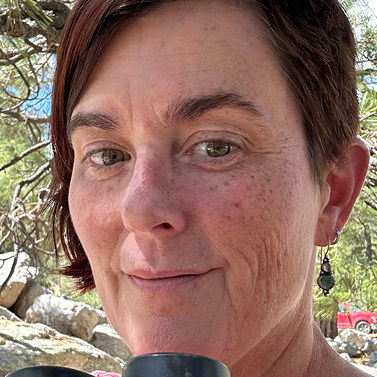 , pocket pets, and snakes. They also passed on a lifetime addiction to bird watching. All Creatures Great and Small by James Herriot both the TV series and books played a part in my decision to pursue veterinary medicine. It was a regular family event to watch the programs and our family vet, Dr Horres, encouraged my interest, letting me hang out many Saturday mornings observing and cleaning tables. I followed a pretty typical path to vet school through Clemson University, getting a degree in Animal Industries before moving to Athens, GA, for vet school at the University of Georgia
, pocket pets, and snakes. They also passed on a lifetime addiction to bird watching. All Creatures Great and Small by James Herriot both the TV series and books played a part in my decision to pursue veterinary medicine. It was a regular family event to watch the programs and our family vet, Dr Horres, encouraged my interest, letting me hang out many Saturday mornings observing and cleaning tables. I followed a pretty typical path to vet school through Clemson University, getting a degree in Animal Industries before moving to Athens, GA, for vet school at the University of Georgia
Senior year of vet school, I chose to do an externship on the Navajo Nation in Window Rock, AZ. After settling my cats and dog with friends, I set out on an 8,000-mile, two-month journey in my Honda hatchback, camping and hiking my way across country to Window Rock and back in the summer of 1997. The month I spent working at the veterinary hospital there taught me so much that I still think of new lessons I can take away from the experience. Most importantly, I saw a different way of life, people who often had few resources, but whose animals both large and small were important, integral parts of their lives. The Navajo families we served still prioritized their pet and livestock care no matter what their situations, and this made a lasting impression. During my travels, I was privileged to see ancient Pueblo ruins at Betatakin, the first California Condors re-released in to wild at the Vermillion Cliffs, and Arches, Grand Canyon and Carlsbad Caverns National Parks along the way.
These experiences cemented my love of the Southwest, and Arizona especially, so I packed up after working a year in rural Georgia and moved to Parker, to Bullhead City, then back to Parker. Both towns are located along the Colorado River. In 2007, the practice I was working at closed, and I moved to the Verde Valley, where I have made my home with my husband and pets ever since.
My work has often been in locations that are economically stressed, lacking veterinary care resources and often both. I’ve seen many veterinary offices close, not reopening and not being replaced, leaving clients and their pets without access to veterinary care or having to drive long distances to receive care. Too many times, decisions about what care a pet can receive are based on financial considerations rather than what is best for the pet and its owner. My first dog, Jake, was a young Labrador mix who survived parvovirus only to be abandoned at the veterinarian’s office because his owners could not pay his bill. He ended up in the animal shelter before I adopted him. He was one of the lucky ones who received care and survived–many don’t.
So, all this brings me back to Heal, Petopia, house call practice and access to care. I believe that all pets and their owners should have access to individually tailored, affordable high quality veterinary care. Providing these things in a home environment allows us to decrease fear, see a pet’s normal behavior and find real world solutions customized to the patient and their owner’s needs.
I’m reminded of a case from when I was working in a busy brick-and-mortar practice several years ago. Turbo was an older Shih Tzu that had significant eye problems which required regular medications to manage and control complications and pain. His owner, Bob, would come in again and again with poor Turbo. the dog’s eyes were a mess, and he was always seeing a different doctor in the practice. Well, one day it was my turn to see Bob and Turbo, so I sat down in the exam room and listened. Bob shared that he himself was legally blind, and the eye ointments Turbo was routinely prescribed were nearly impossible for him to give to Turbo due to his own visual impairment. He also shared that he had PTSD and that Turbo was his special companion, but he didn’t want him suffering. As we talked, I was able to offer Turbo’s eye meds in a liquid formulation if this would be easier for him to apply. Bob said he thought this would help, so I sent prescriptions to a compounding pharmacy for Turbo’s eye drops. On subsequent re-checks, Turbo’s eyes improved, and Bob said he could better manage the routine care his good buddy needed. Turbo’s eyes never had another crisis.
This is the kind of individualized care that makes me happy. The personalized medicine and care a house call veterinarian can provide is what I believe in. We will have the time to talk, the time to look at where your pet spends the majority of his or her days and nights, and to figure out what can help everyone the most. I’m resourceful, and I always want to be a bridge to care. How can I help make it better? Because there is always a way.
Petopia and the Dave and Cheryl Dufflefield Foundation have generously provided grants to four veterinarians around the country to incubate our house call practices, provide grant funding to assist those who cannot afford pet care in our areas and ultimately partner with local groups in our areas for a sustainable veterinary practice. I accepted one of the grants because our community in the Verde Valley needs more affordable accessible care. If you would like to learn more about Heal House Call please go to HealHouseCall.com. If you would like to donate and support our mission to improve access to veterinary care, please go to http://www.petopia.org/donations and select my name from the drop-down menu.

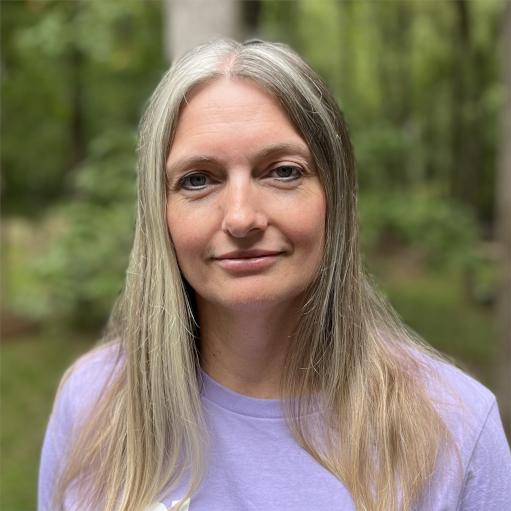

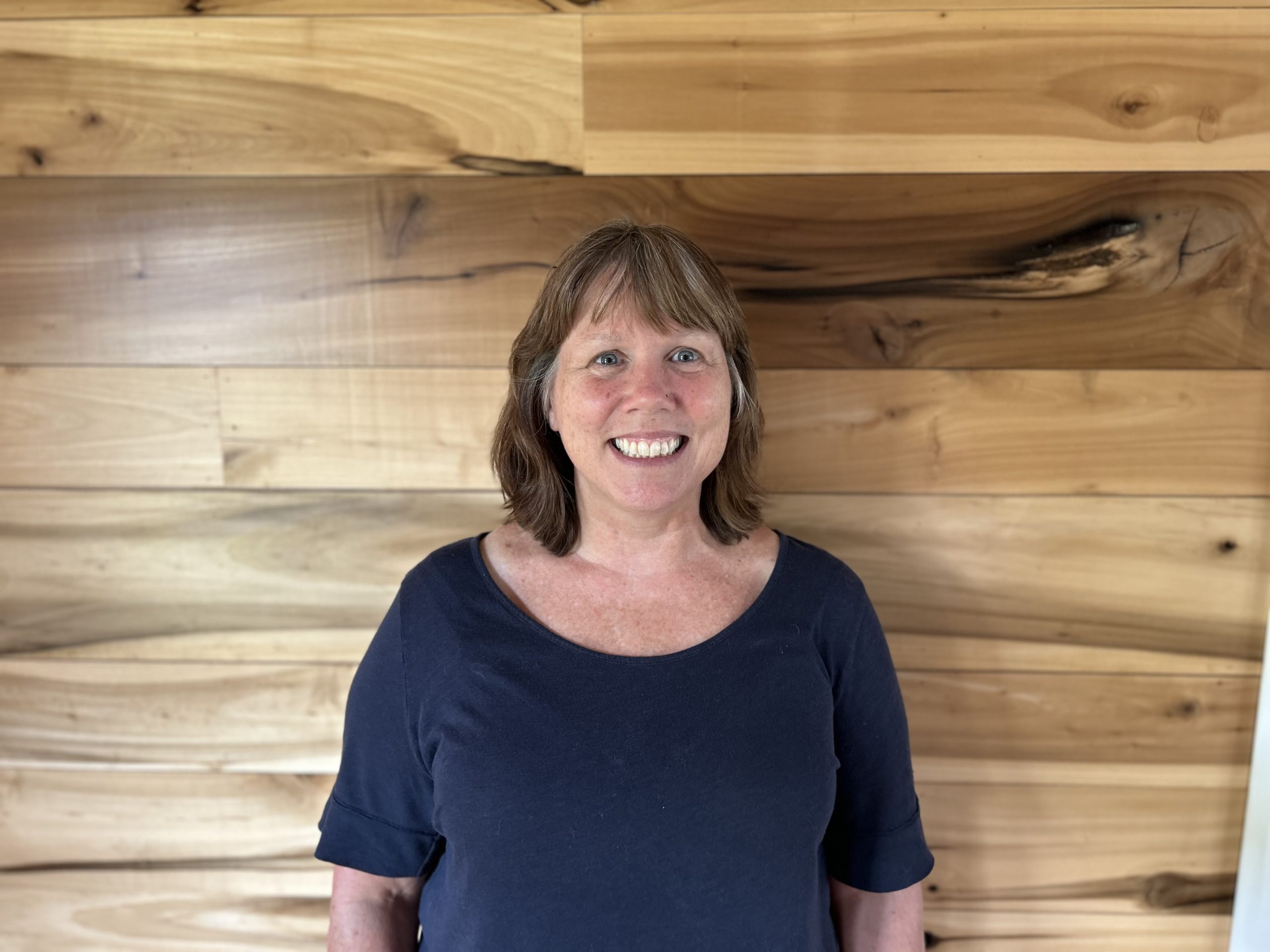
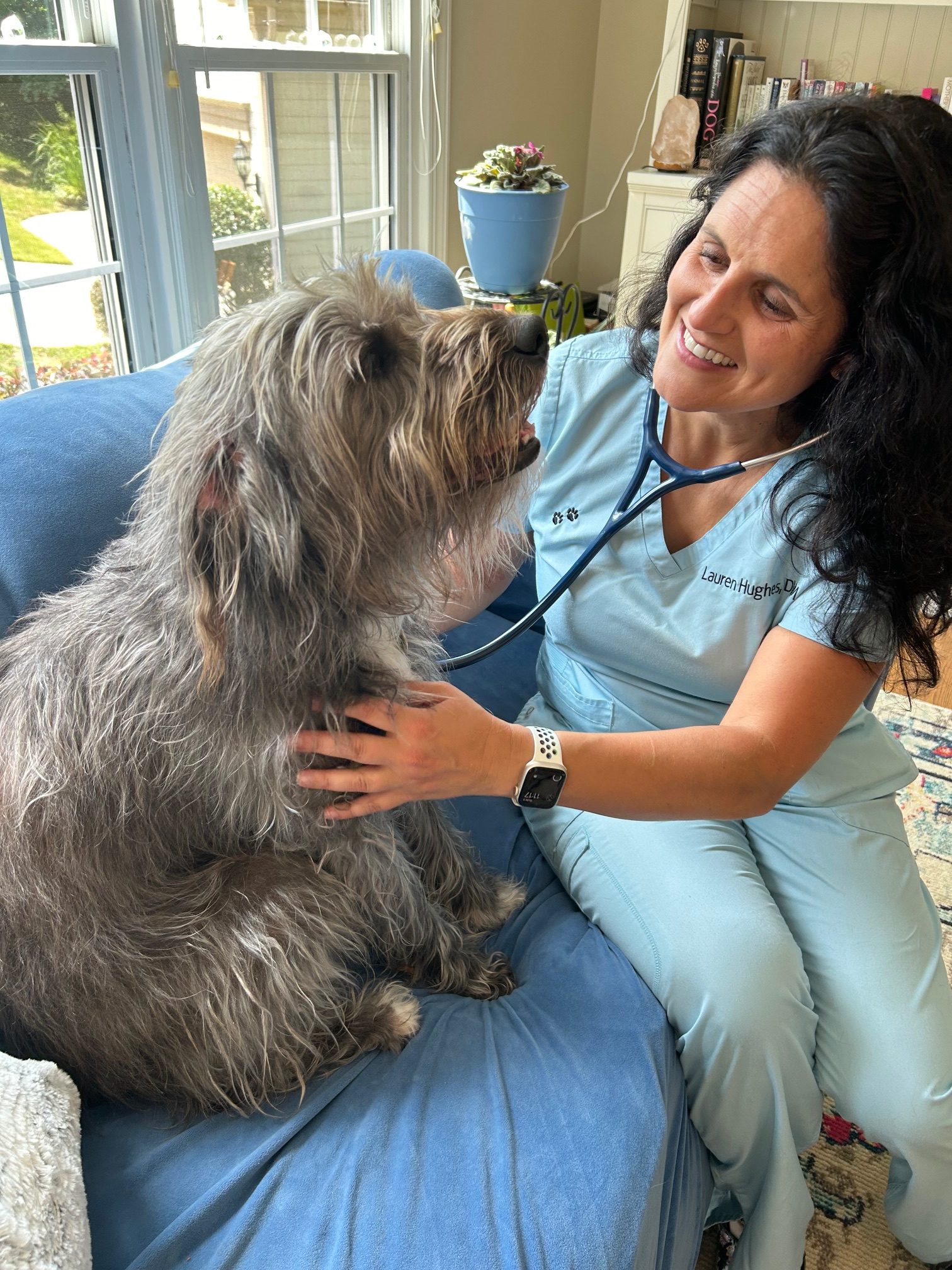

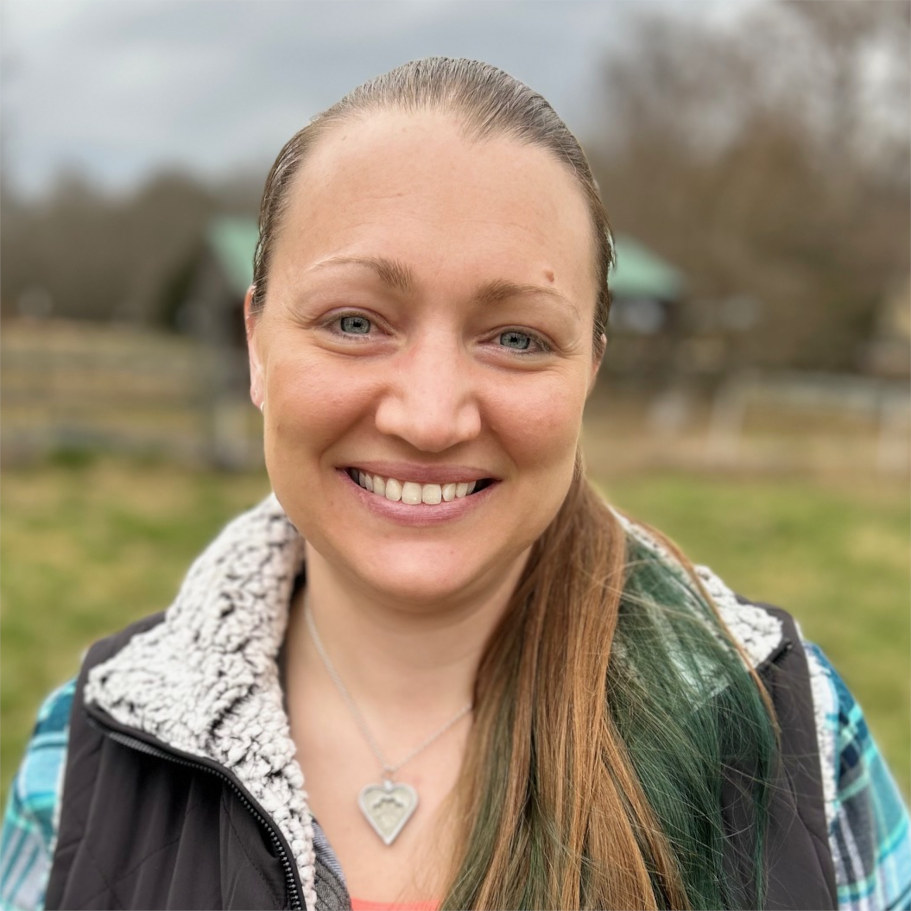
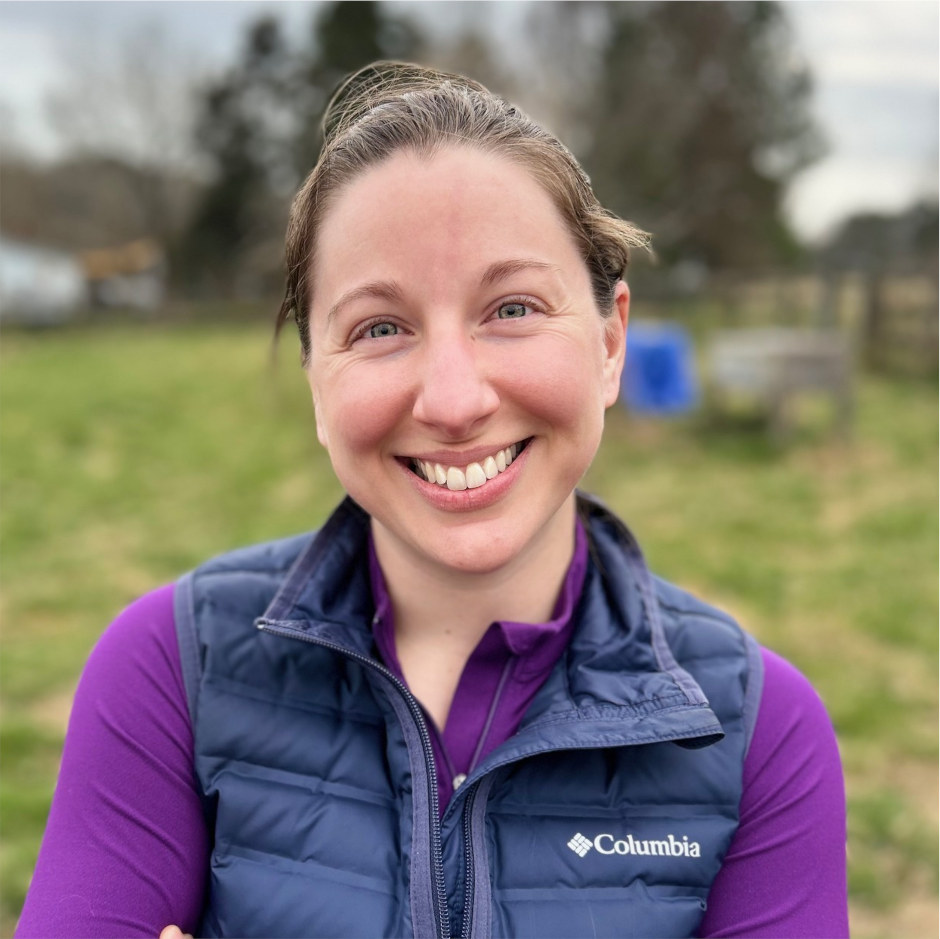
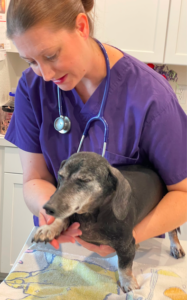
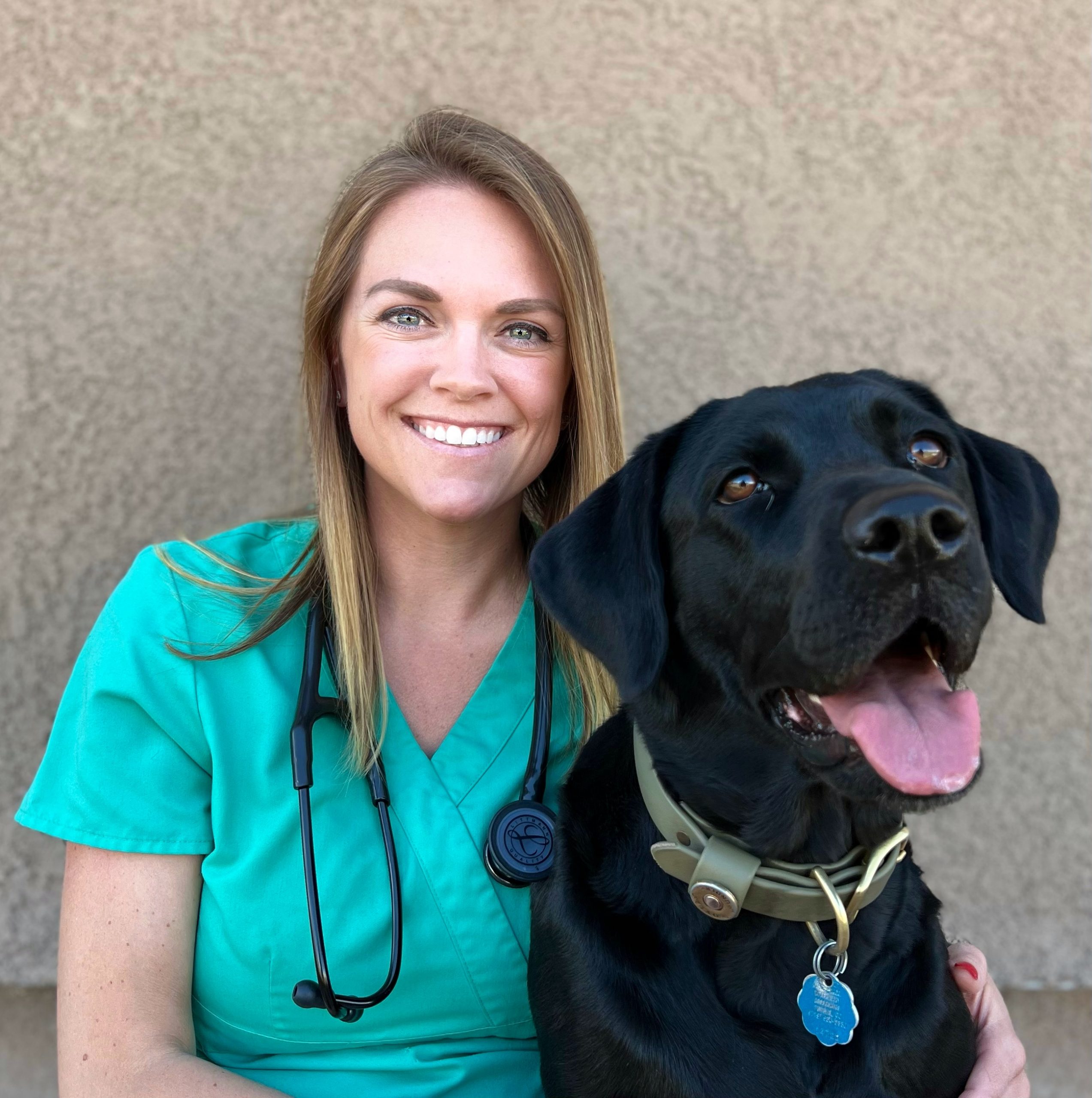 Dr. Heather Meyer earned her bachelor’s degree in animal science at the University of Minnesota in 2011 and is a 2017 graduate of Ross University School of Veterinary Medicine. Dr. Meyer practices the highest quality of care for all her patients but has special interests in preventative care, soft tissue surgery, internal medicine, and diagnostic ultrasound. She is also certified in Fear Free Medicine to help prevent fear, anxiety, and stress in pets that are being examined or need treatment care.
Dr. Heather Meyer earned her bachelor’s degree in animal science at the University of Minnesota in 2011 and is a 2017 graduate of Ross University School of Veterinary Medicine. Dr. Meyer practices the highest quality of care for all her patients but has special interests in preventative care, soft tissue surgery, internal medicine, and diagnostic ultrasound. She is also certified in Fear Free Medicine to help prevent fear, anxiety, and stress in pets that are being examined or need treatment care.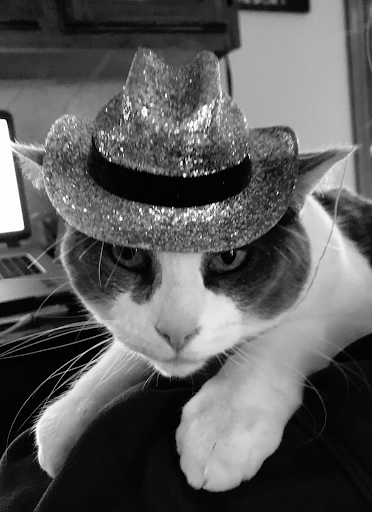
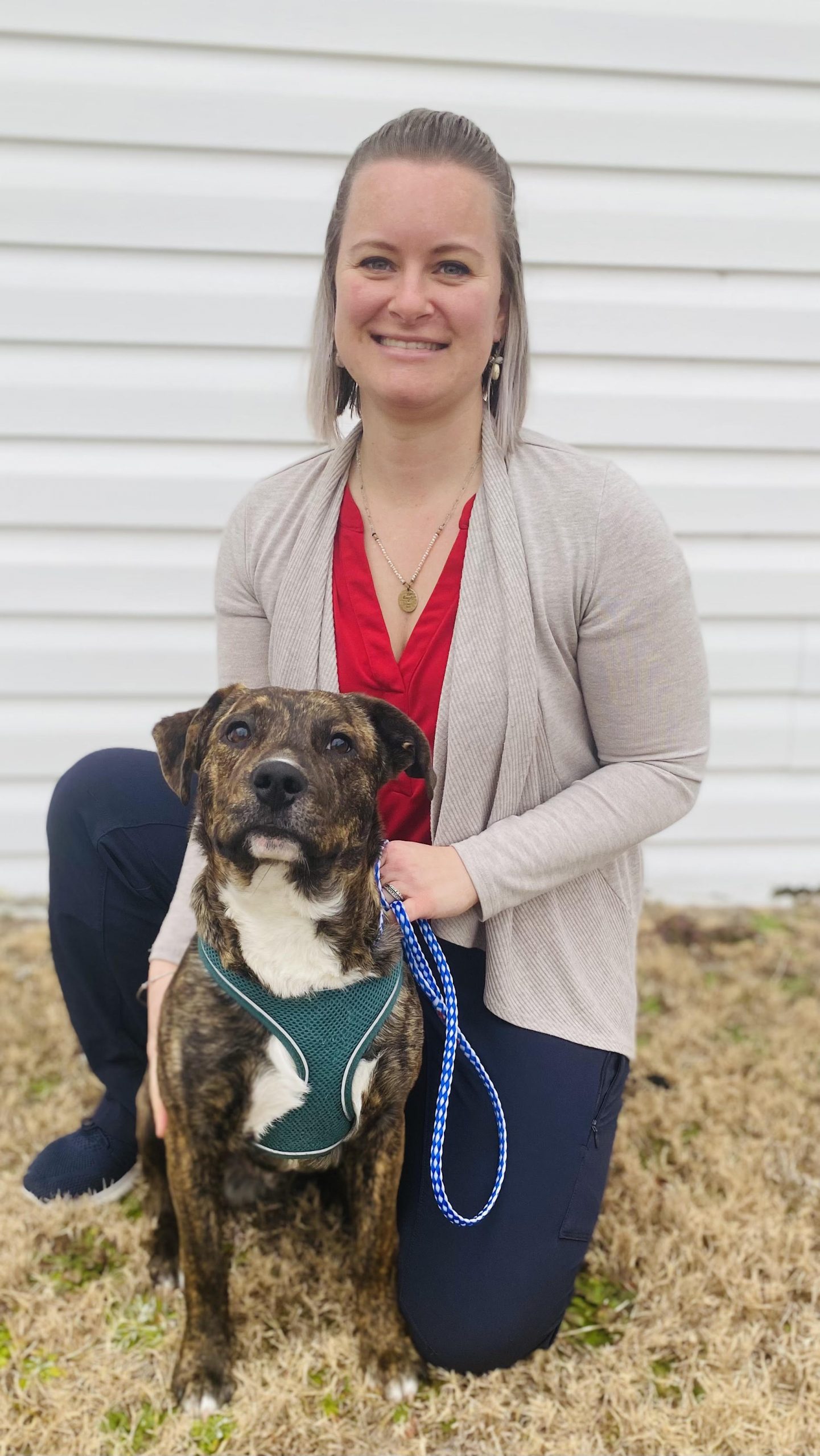
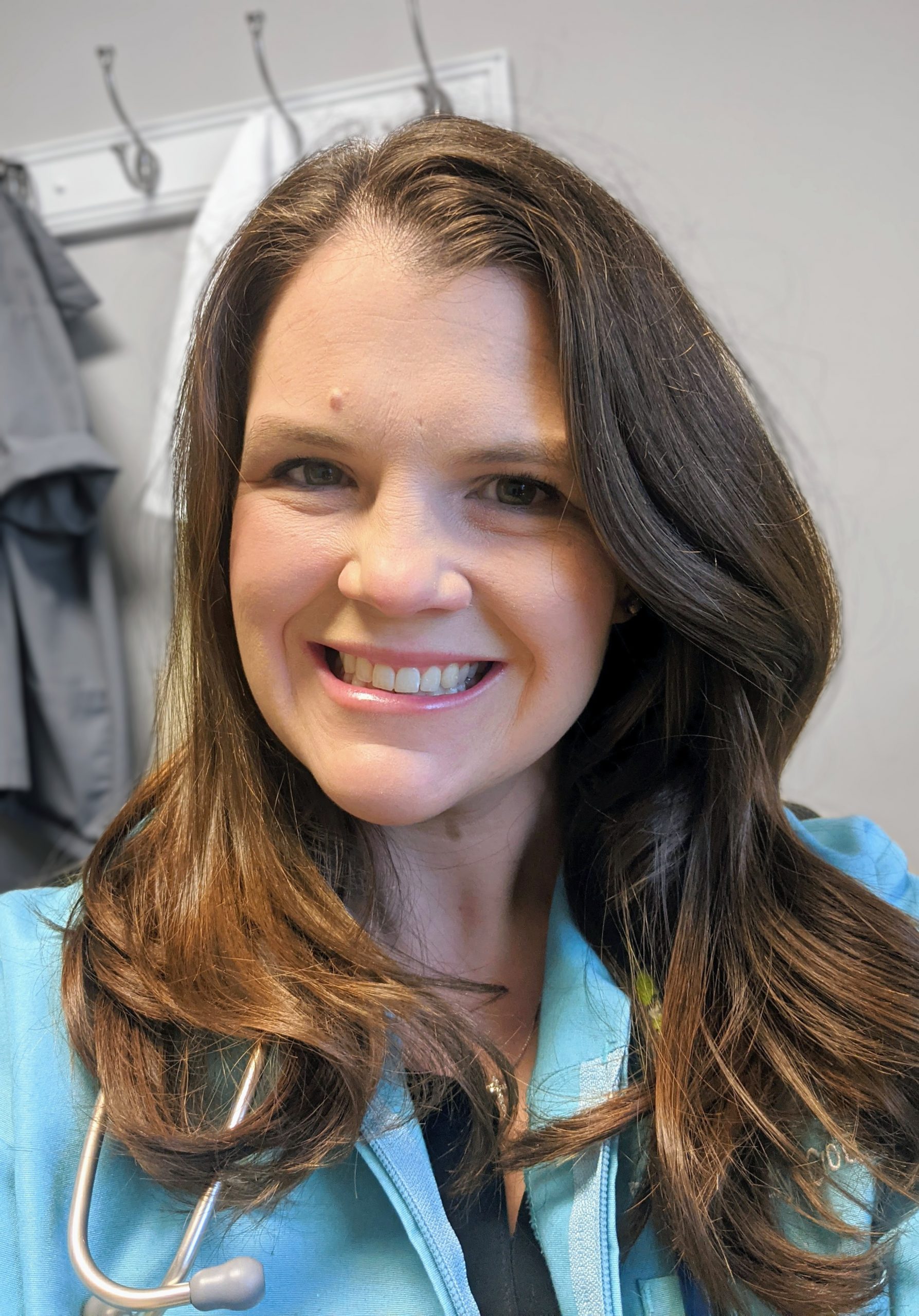 Since the early age of 5, Dr. Wendy Crouse (Dr. Wendy) has known she has wanted to be a veterinarian and set out to make her dreams come true. After graduating from Texas A&M Univeristy with a Bachelors degree in Biomedical science in 2004, Dr. Wendy finished her Doctor of Veterinary Medicine degree from Texas A&M College of Veterinary Medicine.
Since the early age of 5, Dr. Wendy Crouse (Dr. Wendy) has known she has wanted to be a veterinarian and set out to make her dreams come true. After graduating from Texas A&M Univeristy with a Bachelors degree in Biomedical science in 2004, Dr. Wendy finished her Doctor of Veterinary Medicine degree from Texas A&M College of Veterinary Medicine.
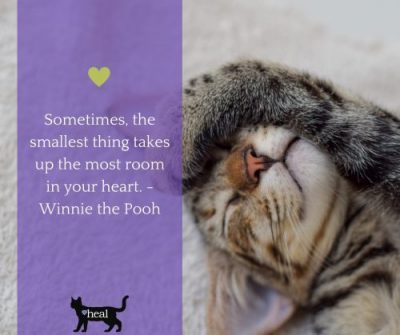
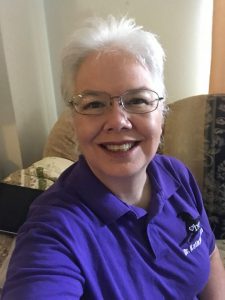
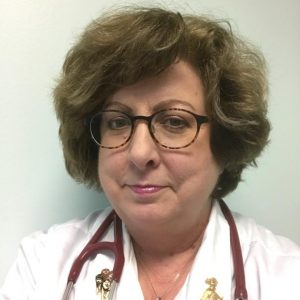
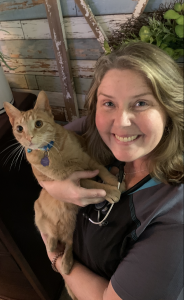
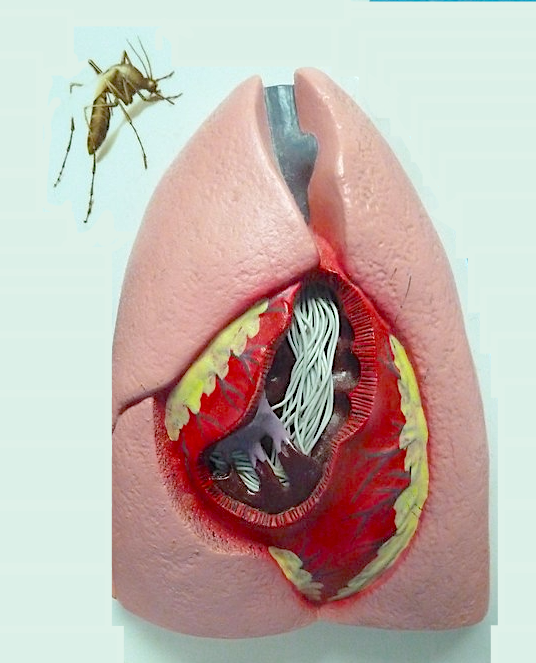
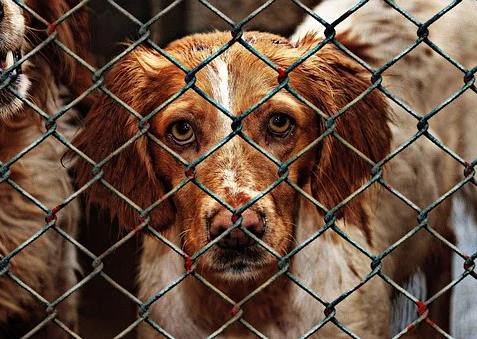

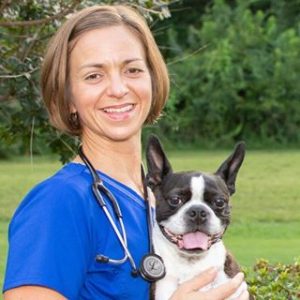 You may be surprised to learn that my first love was archaeology. I always imagined a treasure lay buried just under the old abandoned houses I explored as a child. Somewhere along the way in high school, my interest in science turned into an appreciation for medicine as a career. My mind has always enjoyed the mystery behind how our human bodies function and have the ability to heal from tremendous injury or insult. I started college with the intent to pursue physical therapy or medical school but, after a medical crisis with my own dog, I knew I wanted to find out more about veterinary medicine. I began learning about the various career paths provided by veterinary medicine and knew this was the field for me.
You may be surprised to learn that my first love was archaeology. I always imagined a treasure lay buried just under the old abandoned houses I explored as a child. Somewhere along the way in high school, my interest in science turned into an appreciation for medicine as a career. My mind has always enjoyed the mystery behind how our human bodies function and have the ability to heal from tremendous injury or insult. I started college with the intent to pursue physical therapy or medical school but, after a medical crisis with my own dog, I knew I wanted to find out more about veterinary medicine. I began learning about the various career paths provided by veterinary medicine and knew this was the field for me.